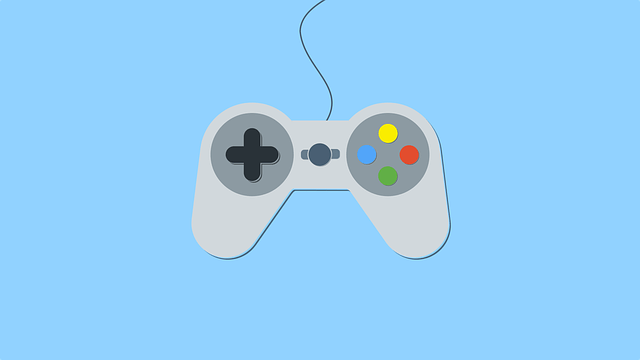Tech giant Unity may be a gaming company by heritage, but its overall goal these days is to popularize 3D graphics in every walk of life, Marc Whitten, one of the company’s senior vice presidents, tells Axios.
Why it matters: Unity is already one of the leading creators of tools for making games, and is positioned, through key acquisitions, to make its tech more relevant to the rest of the world.
What they’re saying: “We think real-time 3D is going to reinvent pretty much every industry,” Whitten says.
- To be clear, he didn’t mean to use the popular buzz term “metaverse” and its notion of virtual meetup spaces. We checked. “I think ‘metaverse’ is important,” Whitten said, “but I personally think real-time 3D is probably a broader definition.”
- “There’s lots of things that are really just about people trying to get their job done — whatever that particular job is — where 3D itself and in particular interactive physics-aware simulation-aware 3D makes that job better.”
- An example: Proximie, a company that lets a doctor remotely and virtually interact with a live surgical procedure, showing where to make an incision. Think of the construction and logistics industries too.
Buying spree: Unity has been hoovering up tech and tools companies in the past year, including streaming service Parsec, Hollywood special effects house Weta Digital and machine-learning character creation outfit Ziva Dynamics.
- The common denominator, Whitten says, is enabling more people to more easily create more 3D art.
- As more fields embrace real-time 3D, they’ll need to make a lot more art, Whitten says, noting that game companies already have swelling art teams to keep up rendering their virtual worlds.
Between the lines: Unity is already so widely used in gaming and beyond, that the company’s able to turn out eye-popping numbers.
- It boasts that its Operate division, which supports games once they launch with ad and monetization tech, among other services, supported 200,000 launches last year.
- Whitten says 15,000 projects are started in Unity each day.
- When game engine company Epic is brought up, Whitten says they’re not viewed as a competitor, since Epic-backed games still use Unity services. He is also ready to share that 70% of mobile games are made on Unity, and 50%+ of PC games are made on Unity.
One bad number for Unity: Its stock dropped 37% this week after reporting increased revenue but a net loss and acknowledging problems with its ad-targeting tech.
Yes, but: Unity’s ubiquity has raised some concern internally in terms of who the company partners with. A Vice report in August detailed worker concerns about partnerships with the Defense Department.
- Unity says it won’t support projects that cause harm to humans or the climate or deprive people of their rights, but critics aren’t sure all projects truly adhere.
- Whitten says there is “still work to continue to drive around those missions,” and said that in some cases the company needed to be more transparent.
What’s next: Look for many more games and projects made on Unity — plus an adaptation of the tools from Weta and others into products more potential Unity customers can use.
Sign up for the new Axios Gaming newsletter here.
Source: https://www.axios.com/2022/05/13/unity-marc-whitten-interview



